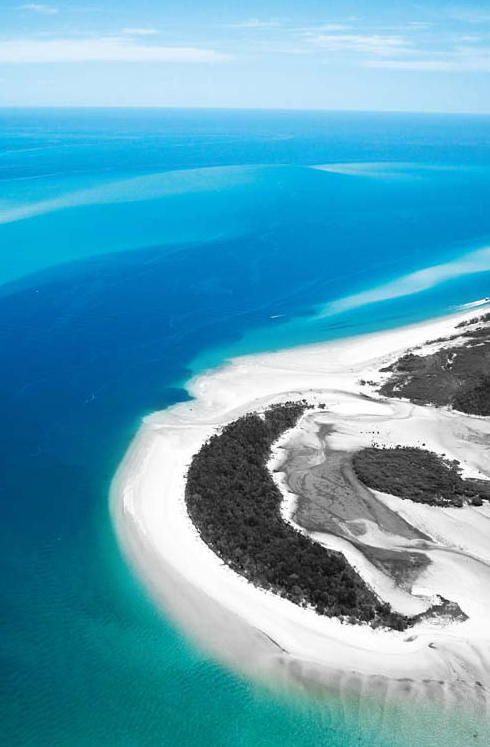Fresh risks cause concern
 Sea-level rise is endangering freshwater supplies, warn Europe’s top marine scientists.
Sea-level rise is endangering freshwater supplies, warn Europe’s top marine scientists.
In a major new publication, Navigating the Future VI (NFVI) (PDF), researchers from the Royal Netherlands Institute for Sea Research and leading European marine scientists urge policymakers to address the threat of saltwater intrusion into coastal freshwater systems.
Climate change is intensifying this risk, and the report warns that rising sea levels and warmer temperatures are likely to push seawater into rivers, wetlands, and underground aquifers, impacting water quality and availability in coastal regions.
This collaborative report from 33 experts across 16 European countries, working with the European Marine Board, emphasises the urgent need to manage marine and freshwater resources holistically.
“We humans are heavily reliant on clean freshwater, but we still exert severe pressure on this crucial commodity. Global warming causes rising sea levels, which are pushing seawater further inland,” says Dr Peter Kraal of the Royal Netherlands Institute for Sea Research (NIOZ).
The NFVI outlines a series of questions for scientific and policy advancement, including: “To what extent is salt water from the Ocean intruding into our terrestrial freshwater reserves?” Other pressing questions include the risks posed by climate-driven releases of microorganisms and pollutants and the pathways by which these pollutants travel from freshwater into the ocean.
The publication also proposes pollution recovery and wastewater reuse options, urging policy reforms to manage both emerging and legacy pollutants that threaten marine and freshwater health.
Integrated policies, the report says, are essential as pollutants from human activity continue to stress ecosystems on land and sea.
The report advocates for policies that break down the traditional boundaries between marine and freshwater management.
It recommends new nature-based technologies, cost-effective approaches for emerging pollutants, and regular monitoring of coastal freshwater reserves to anticipate and manage salination impacts.
Harmonised reporting between oceanic and freshwater systems is also highlighted as essential for data accuracy and impact assessment.
The NFVI’s recommendations support the European Union’s “Restore Our Ocean and Waters” mission and the UN Ocean Decade, both aimed at establishing sustainable water ecosystems.
It underscores the role of improved coastal adaptation measures to secure future water quality.
The European Marine Board says that while this research is Europe-focused, its insights apply globally, calling for urgent, collaborative action to protect safe water access for all.







 Print
Print



